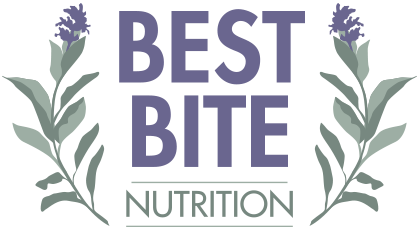Hummus Recipe
Recipe from Jerusalem by Yotam Ottolenghi
1 ¼ dried chickpeas
1 tsp baking soda
6 ½ c water
1 c + 2 tbsp tahini paste
4 garlic cloves, crushed
4 tbsp fresh squeezed lemon juice
sea salt
Directions
Soak chickpeas overnight in a bowl filled with water twice their volume. Drain in the morning.
In a medium saucepan over high heat, add the drained chickpeas & baking soda. Cook for 3 minutes, stirring constantly.
Add the water, bring to a boil. Cook between 20-40 min, or longer, depending on freshness. Skim the foam and skins that float to the surface. Peas should be very tender when done, breaking easily between your thumb & finger, but not mushy.
Drain. Place chickpeas in a food processor or blender until you get a stiff paste. Add tahini, lemon juice, garlic, and 1 ½ tsp salt. Finally, slowly drizzle in iced water (6 ½ tbsp) and allow it to mix until the paste is smooth and creamy. Transfer to a bowl. Top with a drizzle of olive oil, chopped parsley or cilantro, or a sprinkle of pistachio nuts!
Health Benefits
Chickpeas:
Also known as garbanzo beans, chickpeas are celebrated for their fiber content. Two cups of chickpeas provide an entire DRI! Chickpeas contain about 12.5 grams of fiber per cup and at least two-thirds of the fiber in chickpeas is insoluble. Studies show chickpeas have a profound effect on blood sugar regulation due to their high fiber content, along with their antioxidant profiles.
Tahini:
Tahini is a paste made from sesame seeds, which are extremely high in magnesium, a mineral discussed at length. However, in addition to magnesium, sesame seeds contain two unique substances: sesamin and sesamolin. Both substances belong to a group of special beneficial fibers called lignans and have been shown to have a cholesterol-lowering effect in humans, and to prevent high blood pressure and increase vitamin E supplies in animals. Sesamin has also been found to protect the liver from oxidative damage (whfoods.org/sesameseeds).
Extra Virgin Olive Oil:
Olive oil is a monounsaturated fat that has well-documented studies showing its benefits as an anti-inflammatory food, important overall, but particularly with cardiovascular health. The anti-inflammatory properties of EVOO are closely linked to its phenols and polyphenols and benefits to the body come with as little as 1 tbsp per day. Additionally, olive oil has been shown to help with blood sugar regulation particularly postprandial (whfoods.org/oliveoil). Further, evoo has been shown to block an enzyme in fatty tissue that creates fat our of excess dietary carbohydrates (Lugavere, 2018).

